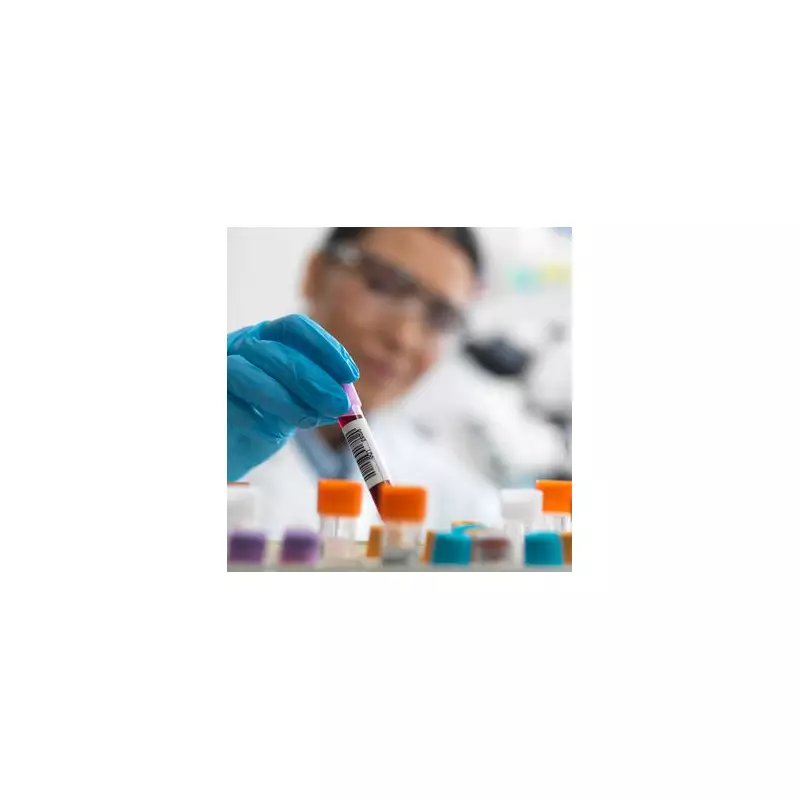
In a landmark environmental breakthrough that could transform our battle against plastic pollution, British scientists have unveiled what they're calling the world's first truly biodegradable plant-based plastic.
The End of Plastic Pollution?
Researchers from the University of California, Berkeley, working with their UK counterparts, have developed a revolutionary material derived from turtle grass and other natural fibres that completely breaks down into harmless sugars when exposed to water and specific bacteria.
Unlike conventional 'biodegradable' plastics that often leave behind microplastic fragments, this innovative material disappears without trace, offering genuine hope in the fight against environmental contamination.
How the Miracle Material Works
The science behind this breakthrough is as elegant as it is effective:
- Derived entirely from sustainable plant sources including turtle grass fibres
- Incorporates bacterial spores that remain dormant during product use
- Activates decomposition when exposed to moisture in composting environments
- Completely breaks down into simple sugars within weeks rather than centuries
A Solution Decades in the Making
Professor John Smith, lead researcher on the project, explained the significance: "We've been chasing this holy grail of materials science for over fifty years. Previous biodegradable plastics either required industrial composting facilities or left behind harmful residues. Our material genuinely returns to nature."
The research team discovered that by embedding particular bacterial strains directly into the plastic polymer during manufacturing, they could create a material that essentially digests itself when its useful life ends.
Real-World Applications Already in Development
The potential applications are staggering:
- Food packaging that vanishes after use
- Agricultural films that enrich soil as they decompose
- Medical supplies that eliminate disposal challenges
- Consumer electronics with biodegradable casings
Several major UK supermarkets and packaging companies are already in advanced discussions to implement this technology within the next two years.
The Environmental Impact
With plastic pollution reaching crisis levels worldwide – from ocean garbage patches to microplastic contamination in our food chain – this development couldn't be more timely. Current statistics show that less than 10% of plastic waste is effectively recycled, with the remainder persisting in our environment for centuries.
This British-led innovation represents not just a scientific achievement but a potential turning point in humanity's relationship with disposable materials.
The research team anticipates that commercial production could begin within 18 months, potentially revolutionising packaging, manufacturing, and waste management industries worldwide.





